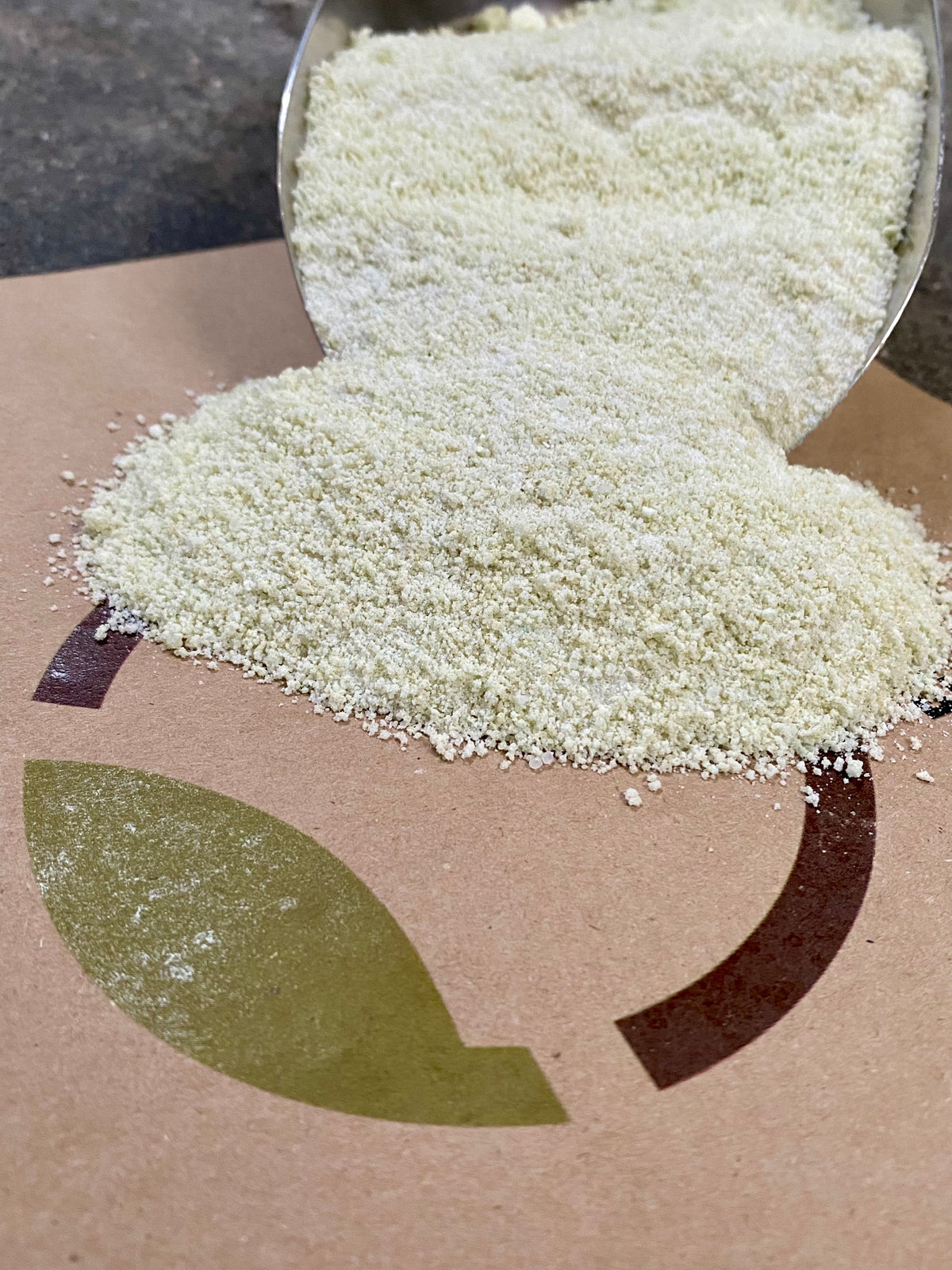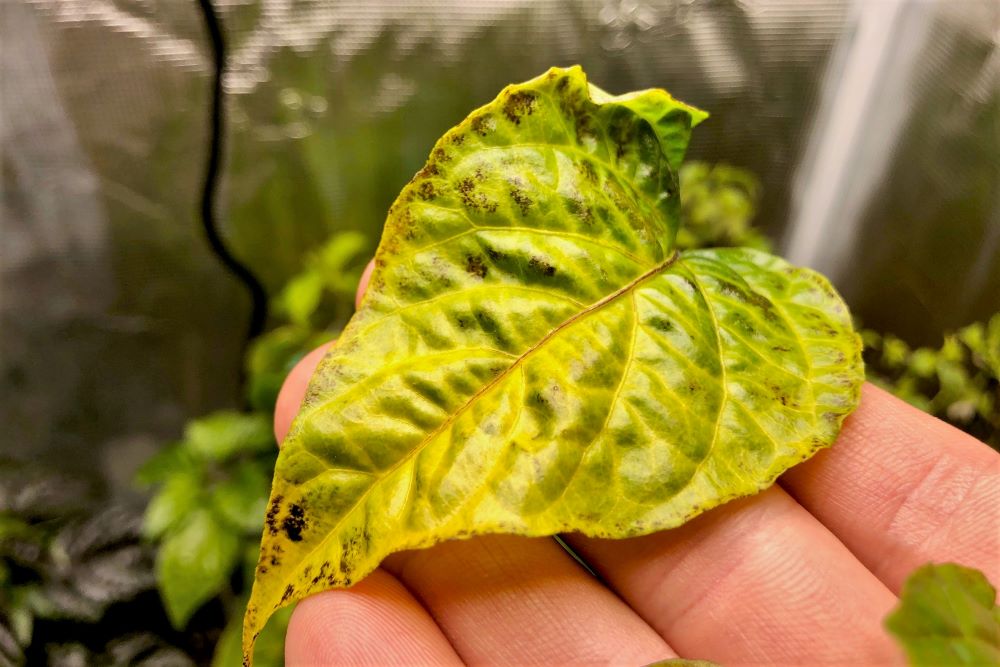Best Fertilizers for Peppers: Accomplish Superior Results in Your Garden
Best Fertilizers for Peppers: Accomplish Superior Results in Your Garden
Blog Article
How Plant Foods Play a Crucial Role in Cultivating Abundant and healthy Pepper Crops
Fertilizers serve as the foundation of successful pepper growing, providing a critical technique to nourishing the soil and fostering optimum plant development. The intricate dancing in between necessary nutrients and the pepper plants' physiological processes highlights the essential duty that plant foods play in making certain a plentiful harvest.
Value of Nutrient-Rich Fertilizers
The use of nutrient-rich fertilizers plays a pivotal role in boosting the productivity and high quality of pepper plants in contemporary farming methods. Potassium, phosphorus, and nitrogen are main nutrients that are critical for the development and advancement of pepper plants.
Poor degrees of these nutrients can bring about stunted growth, reduced returns, and susceptibility to conditions (best fertilizers for peppers). Nutrient-rich plant foods supply a targeted option to ensure that pepper plants get the required elements for optimal growth and productivity. In addition, these plant foods aid enhance soil fertility gradually, developing a sustainable setting for long-term pepper cultivation
Enhancing Plant Development and Advancement
To optimize plant development and development in pepper plants, calculated application of nutrient-rich fertilizers is important. Fertilizers play an important duty in enhancing the overall health and wellness and performance of pepper plants by providing them with important nutrients that may be lacking in the soil.
In addition to these macronutrients, trace elements such as zinc, magnesium, and iron are additionally crucial for the appropriate performance of different plant procedures. Iron, for circumstances, is required for chlorophyll manufacturing, which is necessary for photosynthesis and total plant growth. Zinc plays a crucial function in enzyme task and hormone synthesis, impacting plant development and development at a mobile level. Magnesium is crucial for the formation of chlorophyll and overall power transfer within the plant.

Boosting Disease Resistance With Plant Foods
By tactically integrating targeted fertilizers, farmers can boost the condition resistance of pepper plants, ensuring optimal plant wellness and performance. Plant foods containing important nutrients like phosphorus, potassium, and nitrogen play an important duty in reinforcing pepper plants' immune systems, making them much more resilient to numerous diseases. Nitrogen, as an example, help in the production of healthy proteins that are important for plant defense mechanisms. Phosphorus adds to root development, making it possible for plants to better take in nutrients and water, thus boosting their capability to ward off illness. Potassium manages procedures that boost general plant health, making peppers much more robust versus pathogens.

Optimizing Pepper Yield Through Fertilization
Using a well balanced fertilizing strategy is key to achieving dig this maximum pepper return and making sure ideal crop productivity. By giving peppers with the best nutrients at the correct time, farmers can significantly improve their return capacity. Potassium, phosphorus, and nitrogen are vital components for pepper growth, with nitrogen assisting in leaf and stem growth, phosphorus supporting origin development and flower formation, and potassium promoting general plant health.
To optimize pepper return, it is essential to conduct soil examinations to determine existing nutrient levels and recognize any kind of shortages that require to be resolved. Based upon these outcomes, farmers can develop a customized fertilizing plan that meets the certain needs of their pepper crops. Additionally, appropriate fertilizing methods such as split applications throughout the growing period can make sure constant nutrient availability for the plants.

Sustainable Plant Food Practices for Peppers
In taking into consideration lasting plant food techniques for peppers, it is necessary to focus on lasting dirt health and wellness and environmental stewardship along with maximizing crop efficiency. Sustainable plant food practices aim to improve or keep dirt fertility while helpful site decreasing damaging ecological impacts. One essential technique is the usage of organic fertilizers such as garden compost, manure, or cover crops, which not just provide vital nutrients to the peppers however likewise contribute to dirt structure and microbial activity. These natural choices assist develop raw material in the soil, improving its ability to keep water and nutrients, thereby supporting long-lasting crop wellness and resilience.
In addition, accuracy agriculture techniques, such as dirt testing and targeted nutrient applications, can aid optimize fertilizer use, ensuring that peppers get the nutrients they need without excess runoff right into waterways. This not only profits the setting by lowering air pollution yet additionally conserves expenses for farmers by decreasing waste. By adopting sustainable plant food practices, pepper farmers can safeguard the health and wellness of their plants, soil, and surrounding environments for future generations.
Conclusion
To conclude, fertilizers are important for cultivating plentiful and healthy and balanced pepper plants. best fertilizers for peppers. They supply required nutrients for plant development and growth, boost condition resistance, and make the most of yield. By applying sustainable plant food practices, farmers can make certain the lasting health of their pepper plants and add to a more efficient and environmentally-friendly agricultural system
The detailed dancing between crucial nutrients and the pepper plants' physiological procedures underscores the critical view website role that plant foods play in ensuring an abundant harvest.To optimize plant development and development in pepper plants, critical application of nutrient-rich fertilizers is important. Plant foods play an essential role in enhancing the overall health and wellness and performance of pepper plants by giving them with crucial nutrients that might be doing not have in the dirt.By strategically incorporating targeted plant foods, farmers can bolster the condition resistance of pepper crops, making sure ideal plant health and wellness and performance. Plant foods containing essential nutrients like potassium, nitrogen, and phosphorus play an important function in strengthening pepper plants' immune systems, making them much more durable to various diseases.
Report this page